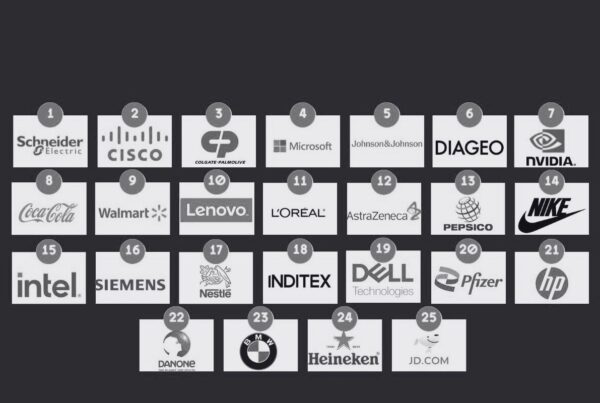The immediate response of consumers to the COVID-19 pandemic is panic buying and stocking up essential items. This has created a logistics nightmare to online retailers where on one hand, they’re struggling to meet the demand for several categories resulting in huge non-moving stock of non-essential items and on the other hand pushing supply chain to its breaking point.
The Australian logistics infrastructure was not designed, nor is it equipped, to deal with such a sudden and dramatic change. The shift to online spending is straining the capacity of carriers to deliver packages to homes, with parcel volumes exceeding those of peak holiday periods.
To streamline the last mile delivery operation, KPMG proposes online retailers to focus on two critical success factors:
- Dynamic Route Optimisation
- Automated Replenishment
Dynamic Route Optimisation
During the COVID 19 period what we’ve seen is most of the retailers are struggling to schedule their deliveries on time and in full. The main reason is even though online retailers have invested in the e-commerce platforms with rich user interfaces to target consumers and capture the orders, minimum investments have made in automating the back-end and integrating route planning capabilities.
Automated route planning tools enable optimization of the delivery schedule by optimizing the service level and the cost rather than depending on humans which takes a lot of time, effort and results in costly errors to the brand.
An effective route optimization program needs to be equipped with several functionalities, which include:
- Automatic Optimisation
- Real-time Map Data
- Tracking and Tracing
Automated Replenishment
One of the most critical success factors for an online retailer is the replenishment planning. Especially in a situation like COVID-19 and immediate post-COVID-19, the risk of failures in replenishment results in a complete breakdown of the supply chain.
This could indeed be a result of suppliers being unable to deliver, which is an external force beyond the control of the business. However, a significant part of the problem stems from poor replenishment planning.
Automated replenishment planning is an effective solution for online retailers to avoid this issue. Even though the automated replenishment is a common feature which can be found in many ERP systems, most of the online retailers have not configured or utilized it properly. An effective automated replenishment platform should provide:
- Predictive modelling of the demand
- Automated calculation of the replenishment parameters
- Inventory profiling
Bastian Consulting is a boutique search practise that concentrates on sourcing leaders that deliver change across the Asia Pacific, we have the expertise to source leaders that can transform your business and thrive in times of rapid change.
To know more, you can reach out to me on +61 (0) 409 090 434 or tony@bconsult.io.





